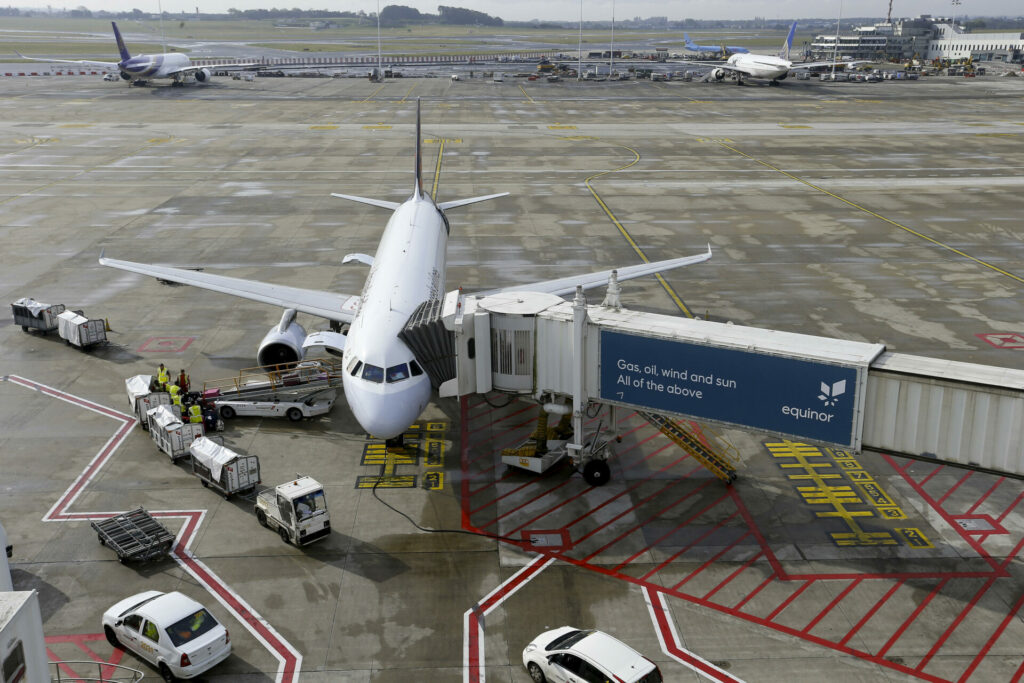The so-called "aeroplane boarding tax" which came into effect on 1 April last year was expected to bring in €30 million. But in reality, the measure has yielded far less.
Since 1 April 2022, passengers who board flights from a Belgian airport must pay a tax ranging from €2 to €10 depending on the destination of their flight.
As the measure aims to discourage short-haul flights, the highest tax is paid for travel to destinations under 500 km away. It is hoped that this will encourage travellers to opt for a more ecological alternative such as the train when heading to Paris, London or Amsterdam, for example.
When announcing the measure, the Federal Government expected to raise €40 million per year from this tax. This forecast was later revised down to €30 million for 2022 given that the measure only came into force in April. All the same, it failed to live up to expectations, generating just €20.5 million for the state, La Libre Belgique reported on Friday.
The 2023 expectations have been lowered to €32 million.
Related News
- Brussels Airport causes €1 billion in health damage per year
- Air traffic in Europe expected to return to pre-pandemic levels by 2025
Federal Minister for Mobility, Georges Gilkinet, is expected to announce other revenue-generating measures to do with air traffic in the coming weeks. Some of these will attempt to address issues to do with Brussels Airport and overflying in Brussels, which has reportedly cost the state up to €24 million in penalty payments and legal fees since 2015.
Gilkinet argued for a solution to the noise pollution at the country's largest airport in Zaventem, which he said is "one of the most complicated in Belgian politics," by 21 July.

